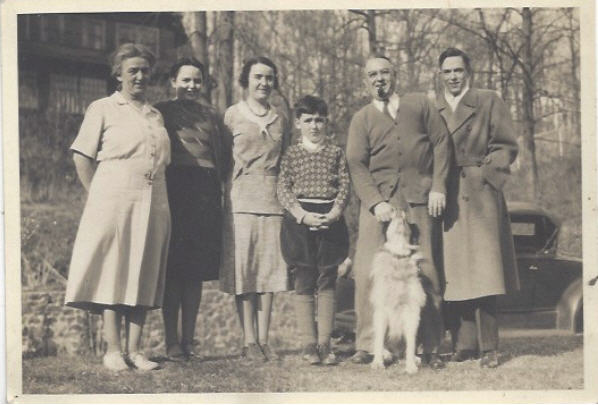
(Socotras, circa 1930)
You can imagine the Writer’s Section at Socotra House is attentive to the day. Tomorrow is the celebration of the end of World War One, expanded to honor those who served in that conflict, and later, considering what followed, the service of many in the conflicts that transpired to date. And a day off, which the Chairman finds difficult to differentiate from normal activity by the Loading Dock. Additionally, since this day is the 246th anniversary of the United States Marine Corps, a personal thanks to the Drill Instructors from that organization who provided some astonishing training to those around the circle.
So this morning, thanks to SSGT Ronald C. Mace, USMC, and GSGT Ishmael Bamba, USMC. Those people made a difference to many.
So there was that, and with legal news out of Kenosha, Wisconsin, there was discussion about the strange partisan nature of our justice system. That led directly to some analysis of the impact of the Alien and Sedition acts, passed before the famous Marbury vs. Madison established the principal of Supreme Court review of Congressional legislation. The circle unanimously rejected a detailed discussion of the four bills, and the surprise that half of them have survived to this day, buried in U.S. Code Title 50.
The last thing we wanted was a mid-week legal discussion before Happy Hour. And so we turned to Splash, who was huddled with a worn cardboard box. He had been busy with it overnight, feeding things from the box into the scanner, and then periodically poking at the keys on his laptop. With the agreement to let the latest interesting activity by the central government we served pass without comment, we realized we were going to have to listen to Splash explain his furtive-appearing project.
“The Chairman’s storage unit was overflowing. He asked me to take a look at some of the boxes in there and see if he could digitize the material and organize it by topic and date.”
DeMille was the only one who appeared energized by the topic. Mel yawned. Rocket grimaced. “So how old is the stuff? Everyone is immersed in imagery these days. Scarcely a meal can go by without a feature spread posted on Facebook. Everyone has the equivalent of a high-quality video recorder, and virtually every place we go is covered by surveillance cameras. We are immersed in imagery. Pictures of everything, everywhere. It is pervasive and causes both riots and boredom. So what is so special about this stuff?”
Splash was resolute in his defense of ancient pictures. “Actually it is the contrast. Taking a picture used to take an effort in terms of equipment, wardrobe and demeanor for those in the pictures. Found one of the Chairman’s family in a family pose in the 1930s. they looked neat and presentable. The oldest one I could find with a date notation on the back is of the Chairman’s Grandfather. He was a handsome young man in college with a bright future. The note says it was 1894.”
“That is 127 years ago. That it exists at all is sort of amazing.”
Splash nodded and fished a rectangular picture out of his vest. “Take a look at this one. The Chairman says his Grandmother hated to be in pictures.” He handed it over and the picture slowly made its way around the circle. There were mostly shrugs and one giggle in response.
Mel was laughing and “they” said it was funny to see people who didn’t like pictures to actually appear in one. “Now, you can be a U.S. Senator and have a visit to the uni-sexual restroom a feature on the evening news.”
“It is actually more entertaining today. These old ones look sort of formal and staged.”
“But they are all gone now, passing from this world to something else. They are sort of cool.”
DeMille closed his notebook and stretched. “It is better than talking about the Alien and Sedition Act, and we don’t have to compare the state of today’s lunch against all the lunches that have gone before.”
“There is that,” said Rocket. “But the Belmont Farms Distillery, their tasty field to flask services personified, is open. And we really should start talking about things that matter. Like lunch.”
Mel nodded. Then “they” smiled. “And maybe we can address this pronoun nonsense this afternoon.”
There did not seem to be an immense amount of excitement for that, and Splash began to pass a series of images of someone’s twins, well dressed in careful poses in Atlantic City, 1919. Now there is some excitement.
Copyright 2021 Vic Socotra
www.vicsocotra.com
